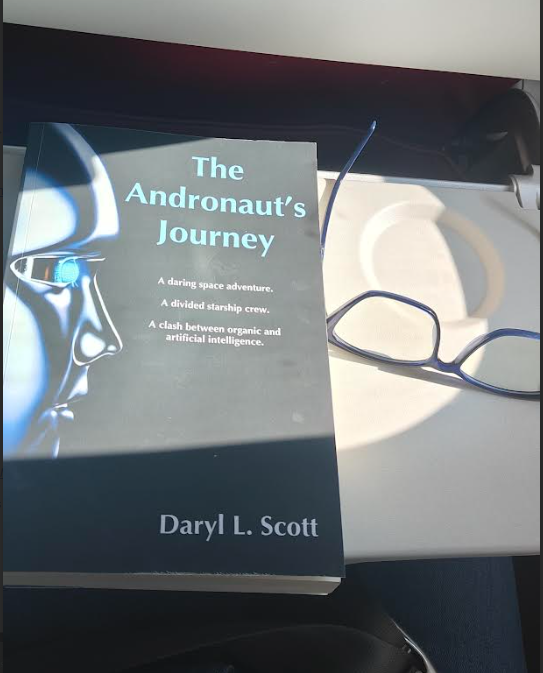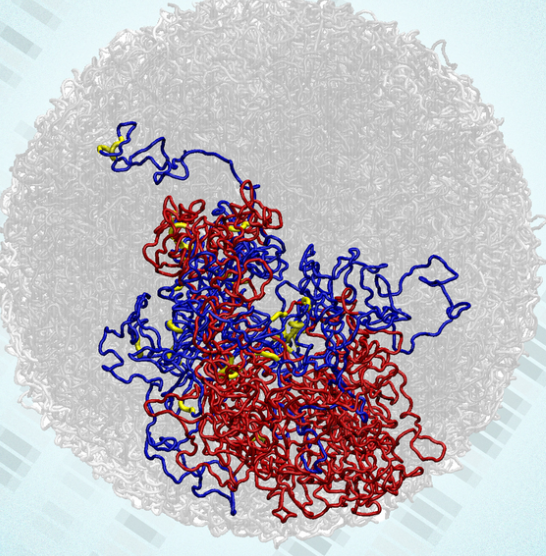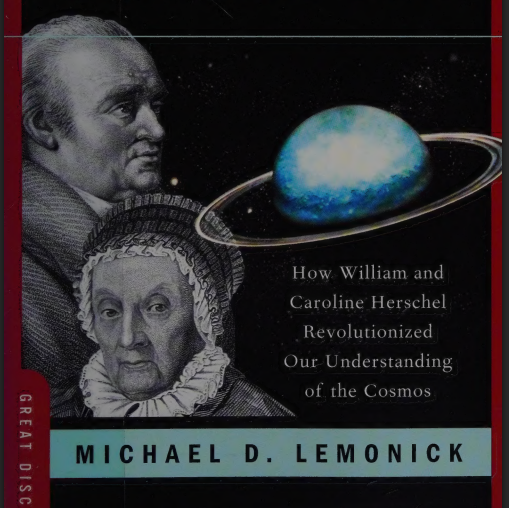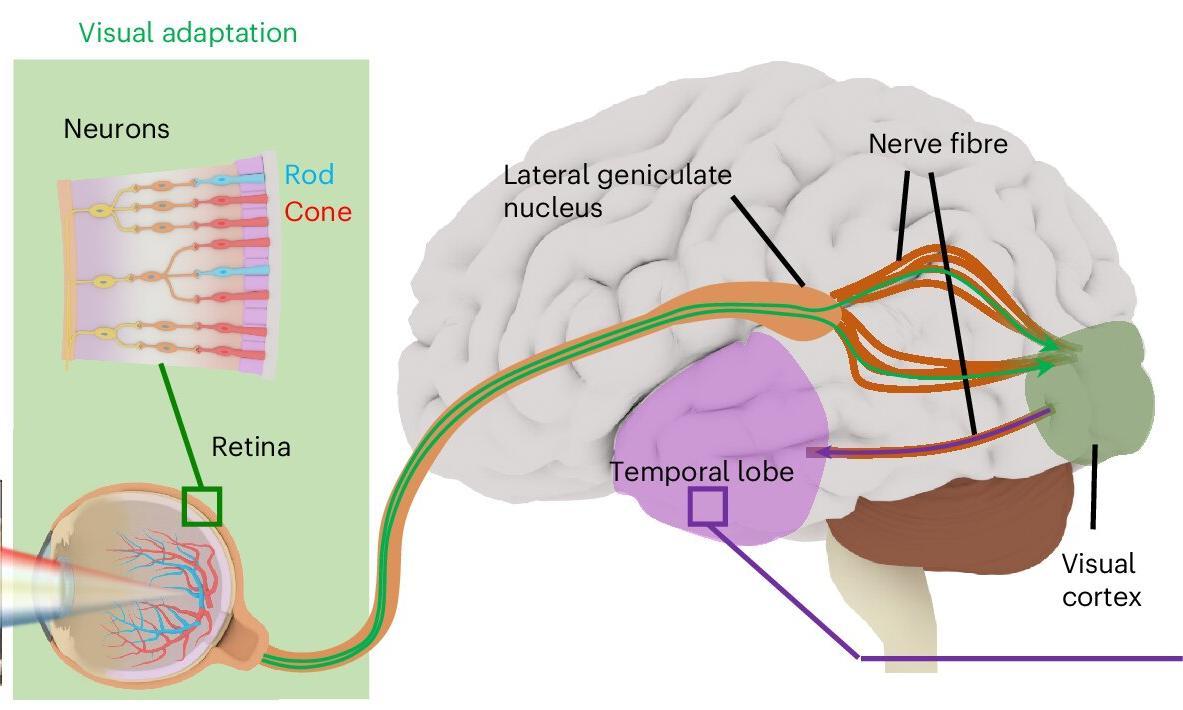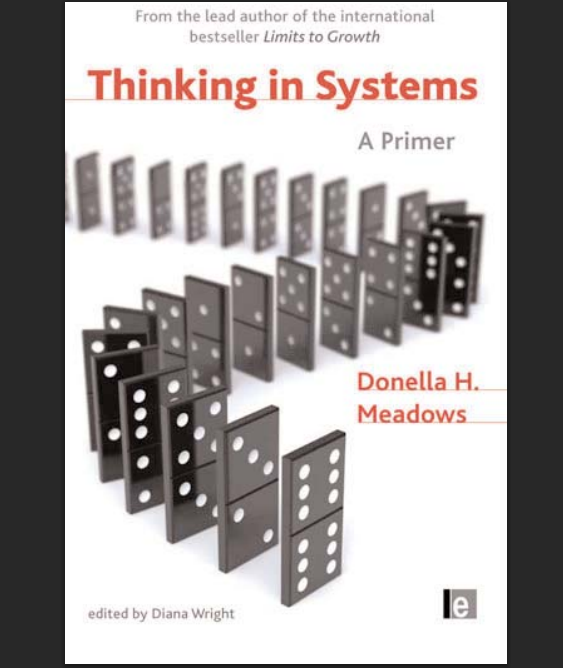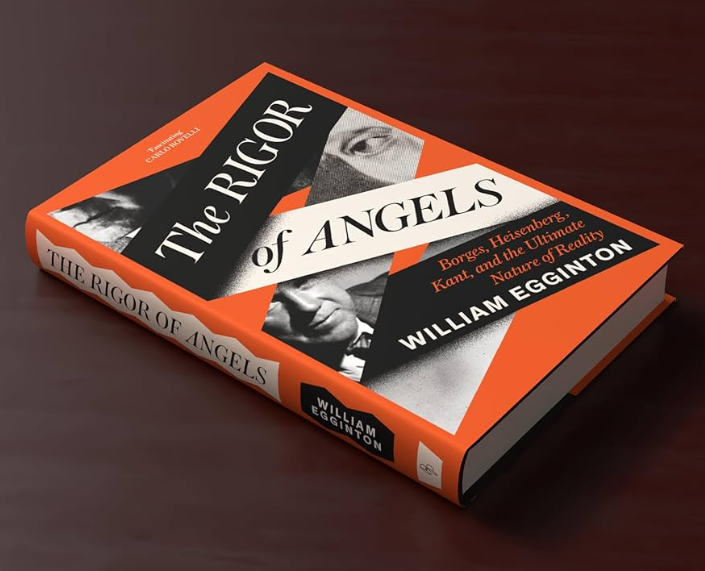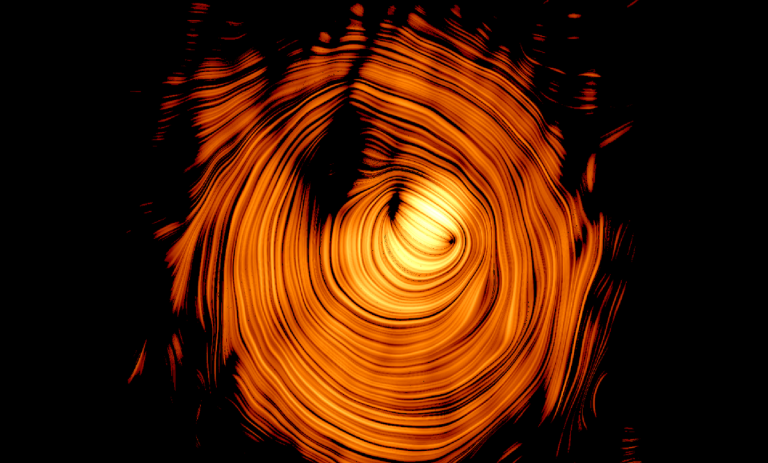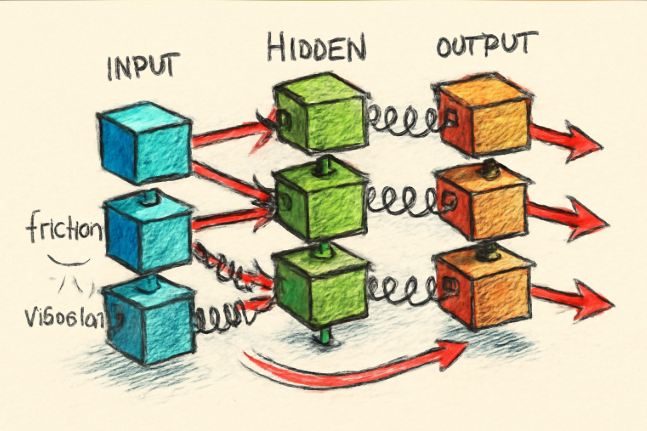Formation of the first stars in the universe and the evolution of black holes have always been a mystery to astrophysicists. Now, observations from NASA’s James Webb Space Telescope (JWST) may offer a radical new answer to the existence of “dark stars”.
Read MoreTag: research
From Chatbots to Clones: The Strange Evolution of AI Autonomy
I remember the exact moment in The Matrix Reloaded when Agent Smith, the then no longer bound by the rules of the system, looks at Neo and says, “Me, me… me too!”
Read MoreBook Review: The Andronaut’s Journey by Daryl L. Scott
Last week I was flying across cities because of office work and this time, I was accompanied by Daryl L. Scott’s debut novel The Andronaut’s Journey.
Read MoreWhen Light Starts To Think: A Journey Into Optical Computing
If I ask you, what scene in The Matrix that’s always stuck with you, I’m sure most of us would say, the bullet-dodging or the red pill. But for me it’s when Morpheus tells Neo that what he thinks is real is actually just electrical signals interpreted by his brain.
Read MoreData Visualization: Charts & Graphs Are More Than Just Numbers
Have you ever looked at a chart and thought “this looks like something I’d see on social media, so, it’s not a serious study”? I always take it in with a grain of salt.
Read MoreMicrocompartments: A Hidden Layer Inside Our DNA
For decades, scientists believed that when a cell divides, its genetic material, called the genome, temporarily loses its 3D organization. And it consequently becomes a “blank slate” before rebuilding itself.
Read MoreTeaching Machines to See: What 2001’s HAL Got Wrong About AI
I was very young when I first saw 2001: A Space Odyssey. I think that was the moment when my awe with AI began. For me, HAL 9000 epitomized the “perfect” AI assistant. An intelligent machine, which is always next to you, adaptable with how you speak and is super capable of managing complex operations, and of course seemingly infallible.
Read MoreAI for Chemistry: MIT’s Approach Predicts Reactions While Following Physical Rules
A team of researchers at MIT has developed a new generative AI approach called FlowER (Flow matching for Electron Redistribution). It’s a way to use AI for predicting chemical reactions, but what caught my attention is how they approached one of the biggest pitfalls in this area, which is, keeping the predictions physically real.
Read MoreBook Review: The Georgian Star by Michael D. Lemonick
I have always imagined what must have been going through the minds of those early scientists when they first thought of exploring space and eventually came up with the idea of a telescope.
Read MoreBook Review: Meditations by Marcus Aurelius
This week I decided to re-visit Marcus Aurelius’s Meditations. Philosophy is something that I dive in every now and then as it grounds me amidst the noise of daily life, reminding me that clarity often comes not from adding more, but from subtracting what is unnecessary. This book is not a regular self help book, in fact it wasn’t written to publish in the first place, it’s more towards Aurelius’s personal manual or notes scribbled in a tent between battles.
Read MoreArtificial Neurons That Learn Like the Brain: The DRAM–MoS₂ Breakthrough
I came across some research from Fudan University recently that really caught my attention – Artificial neuron merges DRAM with MoS₂. As the headline suggests, they’ve built an artificial neuron that doesn’t just copy the way brain cells connect to each other, but also how they adjust their own internal behavior.
Read MoreBook Review: Thinking in Systems by Donella H. Meadows
A couple of months ago, I gave this book a quick skim and realized it talks about the idea of systems thinking. That instantly caught my interest and made me want to explore it in more depth. I was actually about to order a copy when, luckily, I came across the PDF edition provided by Florida Tech. A huge thanks to them for making this resource accessible.
Read MoreBook Review: The Rigor of Angels by William Egginton
I’ve always been drawn to the meeting points between literature, science, and philosophy, and to the big ideas that shape how we understand the world. Egginton’s work centers on literature, intellectual history, and the intersections between literature, science, and philosophy. Those are areas I’m drawn to as well, which is probably why I decided to read, The Rigor of Angels. The book, written by William Egginton was first published in 2023.
Read MoreThe ‘Eye of Sauron’: Blazar That Looks Straight at Earth
A group of scientists from different countries found something that will help explain how a distant and seemingly slow object in space, called PKS 1424+240, can be one of the brightest sources of very energetic light (gamma rays) and tiny particles called neutrinos. Even though it appears to move slowly, it produces a lot of these powerful signals.
Read MoreSpring-Block Model: A Mechanical Analogy for How Deep Neural Networks Learn and Separate Data
I’ve been thinking a lot about how deep neural networks actually learn. I mean, those complex stacks of layers, how do they figure out the mechanics to recognize images or understand speech? These layers must be working together to make sense of raw data, but how?
Read More


